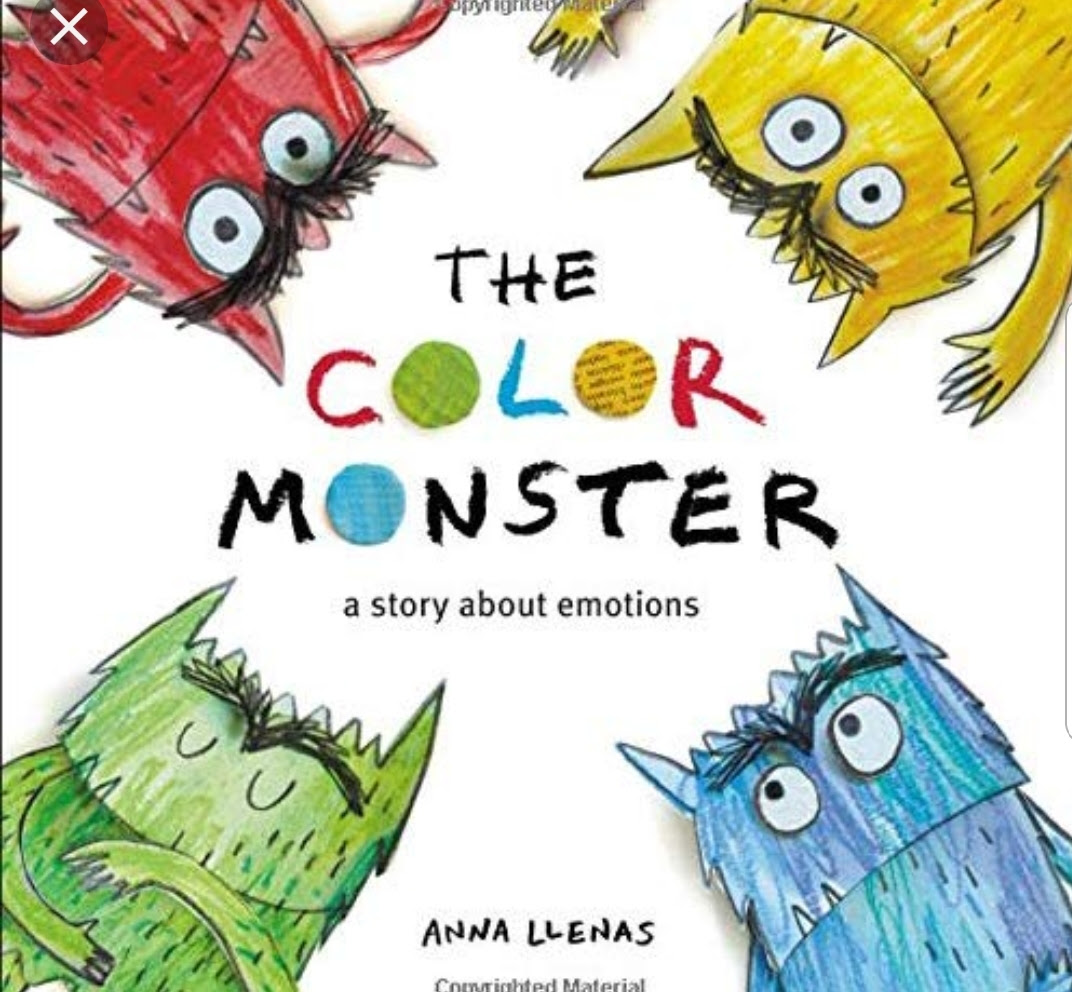Upcoming Dates
February 14 – Classroom Valentine Celebrations (see teacher notes)
March 3 – Tuition Due
March 9 & 10 – No School (Teacher Inservice)
March 16 – PAB Meeting @ 6:30 p.m.
Important Calendar Note: Classes return from Spring Break on April 18th.
(school calendar is incorrect, it says 4/16/17)
****************************************************
Happy Valentine’s Day!
Check your classroom newsletter for classroom Valentine’s celebrations.
Chocolate Fundraiser Kick Off
Look for a great little fundraiser coming your way! Seroogy’s chocolates will be available for adults to taste in the coatrooms, starting on Valentine’s Day, and order forms will be sent out via mailboxes, shortly thereafter. Fundraising will continue through March 24th. You’ll need to get Easter candy, anyways. Why not buy it from a delicious, local chocolate maker, while supporting your school?! Then, encourage others to do the same! All proceeds go to our “Drive the Funds for A New Driveway” campaign! We appreciate your help and support!
Drive the Funds for a new Driveway…Go Fund Me
As you have noticed, rather “driven”, CMP is in desperate need of new driveways and parking lots. With the costs of
new A/C and Furnaces clearing out savings, we are looking for help. This is a great effort, speared by the amazing PAB! It is a worthy, and appreciated effort that will last a long time! Please do what you can, and pass it on to others, family members, and businesses. The link is:
gofundme.comFacebook for Each of You
A great way to connect and keep it private. Please go to Facebook, search for Countryside Montessori Preschool, and request to be accepted. We ask that you keep this site friendly and positive. A way to connect to other families and share great information.
****************************************************
Reminders
*Camp Countryside is filling up. Please send in your registration and activity fee soon to avoid losing the spot you desire!
*Please be sure to sign in and out each day. CMP closes at 5:30 p.m., so all students need to be picked up no later than 5:20 please. Thank you!
*Letters of Intent are out and 2017-18 is expected to be on a wait list soon. If you have questions, please don’t hesitate to ask. Turn in your form and $100.00 material fee to a tuition box.
******************************************************
Congratulations
to Ms. Kaitlyn and her husband Josh
on the birth of their new baby boy- Wyatt! She will return
to CMP at the end of March.
Get Well
wishes to Ms. Grace. Grace slipped on the ice outside her home Wednesday and will be having surgery on her leg. She will be recovering at home with her family for the next weeks.
********************************************************
Seven Ways to Love a Child: A Valentine for Parents By Jennifer Rogers
A tired working mother stood in the classroom doorway, ready to depart with her two sons. Separated in age by two years, the boys were as different in appearance as they were in temperament, but they were great kids. They enjoyed math and reading, laughed hard and punched hard. They loved learning, loved life, loved each other.Mom’s secret: “There are many ways to love a child,” she said. “I keep it simple. I have expectations. I accept mistakes. And I celebrate the process.”Parenting is not consistent or predictable. Loving a child is not always fun or easy. Establishing a few flexible, healthy habits is a parent’s best demonstration of love
One: Eat Together
Research has validated what most parents once understood intuitively: Nothing is more valuable to a child’s physical, emotional, intellectual and social health than a daily family meal. Sit at a table, turn the television off, use utensils and napkins. It’s a simple act with profound implications. The advantages for the life of a child far exceed the parent’s investment of time and energy.
Two: Keep it Real
Wii is a fun distraction on a cold, rainy day. There are countless cable channels for kids, educational videos, electronic games designed to challenge and stimulate young minds.
None of these devices compare to time spent walking, talking, playing or reading with a parent. There is no substitute for green fields, real sports equipment, friends, playgrounds and fresh air.
Children do not feel loved in virtual worlds. To thrive, kids need to touch, move, feel and talk. They should experience the joys of conversation, the disappointment of defeat, and the drama of human relationship. A child’s fine and gross motor skills develop through the use of her hands, her mind and her body. Her vocabulary expands through the alternating, interactive use of her voice, her mind and her ears. She is successful socially because she learns from her parents’ relationship how to love in the real world.
Three: Mentors and Partners
Grandparents are treasure-troves of memories, ideas, observations and cautions. Most grandparents remember some effective parenting techniques and will confess decisions they regret. Experienced teachers can offer advice that is age-appropriate, reflecting their years working with specific populations of young people. Parents of older children can anticipate phases and speak with the advantages of hindsight.
Parenting decisions are rarely quick or easy. Age and person-appropriate expectations are seldom obvious. Parenting without help is terrifying and dangerous. A brief, thoughtful conversation can be mind-altering, shifting a parent’s heart from despair, confusion or anxiety to optimism and hope.
Those fortunate parents with a committed, loved partner: hold on tight. Children learn about love through observation and imitation. Parenting is exhausting. Find time and energy to fall in love again.
Four: Read Together
Start young, and stick with it. Literacy is an essential foundation to academic success. Parents who read to and later with their children give them the best possible preparation for school, a firm foundation for learning, a ticket to travel around the world without leaving home.
Five: Welcome Failure
Parents who establish a friendly attitude toward mistakes and failures raise resilient children. Loving a child who has made a mistake, failed a test, or fallen down on the field, means standing firmly in place while natural, appropriate consequences unfold.
A child’s confidence grows through independent experiences of failure, perseverance and success, her understanding that her parents believe she can handle the difficult situation she is facing. Oddly enough, the most meaningful expressions of love for a child require parents to be silent and still, watchful, hopeful . . . but steadfast and smiling on the sidelines.
Six: Assign Chores
A child first acquires confidence and a sense of competence by contributing to the daily life of his family. Children who first experience work in their home understand that work and love flow simultaneously in happy families. A three-year old can fold napkins; a five year old can pull the trash can to the curb; an eight year old can wash the car weekly. Chores and responsibilities should change as children age, increasing as the child grows in strength, knowledge and confidence.
Seven: Maintain Authority
Many years ago I worked with a wise mother who had one preciously intelligent daughter, the only child in a loving marriage. Among her many fine qualities, this mother was honest, open, and absolutely committed to raising a daughter who would grow to be as strong as she was born smart.
At a parent-teacher conference, she told me her daughter didn’t like being told what to do. Faced with a direct instruction, she often told her mom, “I don’t like you any more. You’re not my friend.”
Exaggerating her genteel southern accent, this fine mother said she had a fixed response: “Darling, I didn’t give birth to you because I needed a friend.”
Healthy children challenge authority and test boundaries, arbitrarily and repeatedly. Most parents know this, yet feel exasperated, shocked, surprised and appalled when their children challenge and test. Love for a child must include repeated expressions of parental strength and dominance, calm reminders that families are not democracies. Children grow up feeling safe, loved and secure when they know their parents are in charge, looking out for the best interests of the children and the family.







